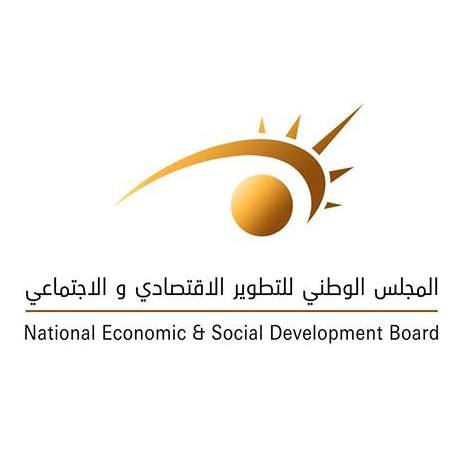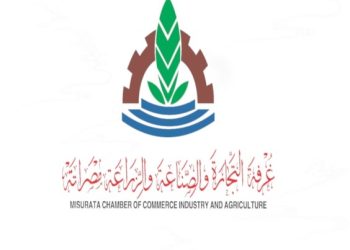The National Social and Economic Development Board (NSEDB) held a timely conference at its Tripoli headquarters yesterday on ‘‘Exchange Rate Fluctuations and their Effects on Economic Variables’’.
The NESDB said the conference comes considering the increasing economic challenges and their effects on the rates of Libya’s economic stability. It said the event discussed and analysed the expected results and determined the most important economic policies and measures to mitigate the current crisis.
The conference was attended by a group of officials, experts and decision-makers inside and outside Libya, and its most important results were as follows:
- The need for economic policies to work in a harmonious manner to maintain rates of economic stability.
- The need to start a programme to reform public finances, the most important of which is subsidies.
- The necessity of directing expenditures to what is in the interest of raising levels of growth and preserving financial sustainability.
- There is no economic justification for reducing the value of the Libyan dinar. The problem lies in managing reserves in a way that ensures exchange rate stability.
It will be recalled that the NESDB is the think tank of the PM’s Office. Its outcomes are therefore aligned to PM Aldabaiba.
El-Kaber and Saleh v Aldabaiba
The conference comes amid a crisis between Saddek El-Kaber, the Governor of the Central Bank of Libya and Ageela Saleh, the Speaker of parliament (the House of Representatives – HoR), on the one hand, and the Tripoli based Libyan prime minister, Abd Alhamid Aldabaiba.
The crisis of the loss of value of the LD v hard currencies
The crisis revolves around the recent sharp fall in the value of the Libyan dinar (LD) against hard currencies on the black-market, the causes of this fall, who is responsible for the policies that has led to this devaluation and the different ways that the value of the LD should be defended.
To devalue or not to devalue?
El-Kaber and Saleh have agreed a decree to devalue the official exchange rate of the LD. PM Aldabaiba, most of the HoR, experts and the general public are against the devaluation that will be inflationary and cause a loss of purchasing power. Politically, it will also lose PM Aldabaiba much sympathy and support – especially as he wishes to stand for elections. It could ultimately result in political destabilisation and a change of PM and government – or even worse.









